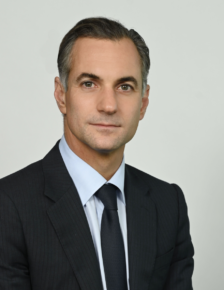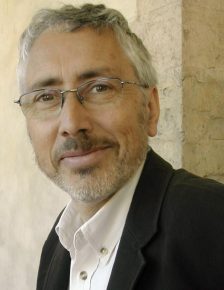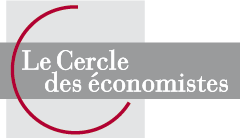Defining an inclusive and sustainable economic path
Overview
As early as the Brundtland report in 1987, the ecological question and the economical question are linked. “Sustainable development meets the needs of the present without compromising the ability of future generations to meet their own needs”. The agreement on the transition to a sustainable economy has so far stalled over the acceptability of sharing the sacrifice to be made in order to achieve it, both at national and international level. The later we start this transition, the higher the wall to cross and the greater the sacrifices. Hence the need for a new social pact with two objectives: to minimise the overall collective sacrifice and to ensure that the most disadvantaged do not suffer. Our liberal democracies are based on the combination of the market and the vote. Developing the carbon market is the only way to minimise the global sacrifice. Political and moral acceptability can only be achieved by ensuring that no one below the median income sees their standard of living fall along this trajectory. How can these recommendations be translated internationally?
Speakers




-
Gouvernement de Singapour

-
France

-
Natixis
Coordinator

Photo gallery
























